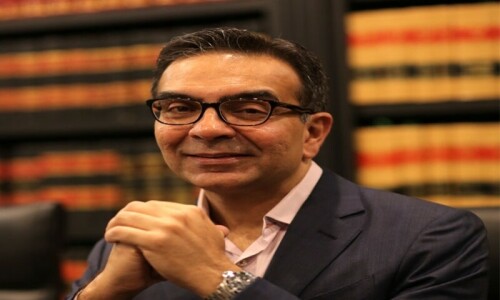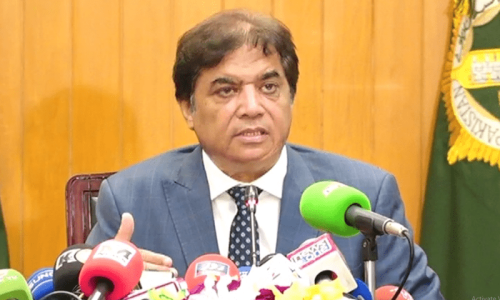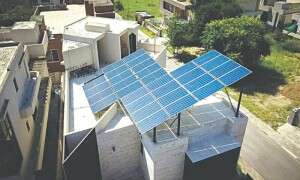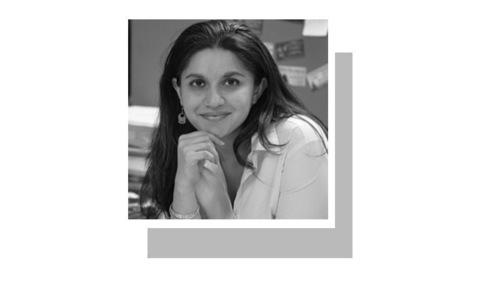WASHINGTON: Shocked at the demise of Dina Wadia, the daughter of its founder, a grateful Pakistani nation sent heartfelt condolences to the Wadia family at her funeral in New York on Friday.
The Pakistani consulate in New York delivered four messages, along with four bouquets, to the family, signed by President Mamnoon Hussain, Prime Minister Shahid Khaqan Abbasi, Foreign Minister Khawaja Asif and Ambassador Aizaz Ahmad Chaudhary.
In their messages, Pakistani leaders informed the Wadia family that Dina Wadia was “greatly respected and admired in Pakistan” and that the people of the country and their government shared their grief. “May she rest in peace,” the messages added.
The funeral was a strictly private gathering, attended only by family members and close friends, including Dina Wadia’s daughter Diana Wadia, son Nusli Wadia and grandson Nes Wadia.
Dina Wadia, 98, passed away at her home in New York on Thursday, surrounded by many of her family members and relatives, including her daughter, son, grandsons Ness and Jeh Wadia, Jeh’s wife Celina and two great-grandchildren Jah and Ella Wadia.
Born in London on Aug 15, 1919, Dina Jinnah married a leading Mumbai Parsi industrialist, Neville Wadia, and mostly lived in Mumbai.
Although the couple had a daughter and a son, their marriage lasted only a few years and Ms Wadia moved to New York after her separation with Neville Wadia.
Dina Wadia maintained a close relationship with her father but she did not travel to Pakistan until his funeral in September 1948. In April 1947, she wrote to him, saying: “My darling Papa, `First of all, I must congratulate you — we have got Pakistan, that is to say the principle has been accepted. I am so proud and happy for you — how hard you have worked for it’.
I do hope you are keeping well — I get lots of news of you from the newspapers. The children are just recovering from whooping cough, it will take another month yet.”
Between 1948 and 1967, Dina Wadia visited Pakistan twice to meet her aunt, Fatima Jinnah. But she stayed away from the country for almost 67 years after Ms Jinnah’s death.
Her last visit to Pakistan was in 2004 when she also visited the Quaid-i-Azam mausoleum in Karachi.
“This has been very sad and wonderful for me. May his (Jinnah’s) dream for Pakistan come true,” she wrote in the visitors’ book.
Dina Wadia told British historian Andrew Whitehead in 2002 that she had been invited many times, by Benazir Bhutto and others, but had persistently refused. She told Mr Whitehead she didn’t want to be used as a mascot. She complained of leaders who had “robbed” the country and warned that democracy hadn’t flourished in any Muslim country.
“On her desk was a photo of her father. She spoke of her pride in Jinnah. Yes, they had quarrelled over her marriage to Neville Wadia … but they made it up, and often spoke and wrote to each other,” Mr Whitehead wrote in a blog on Friday.
“She says her father rang her from Delhi to say, ‘We’ve got it!’ when he won the Muslim League’s demand for Pakistan. Her own temperament and personality, she reckoned, came more from her father than her mother.”
Published in Dawn, November 5th, 2017















































